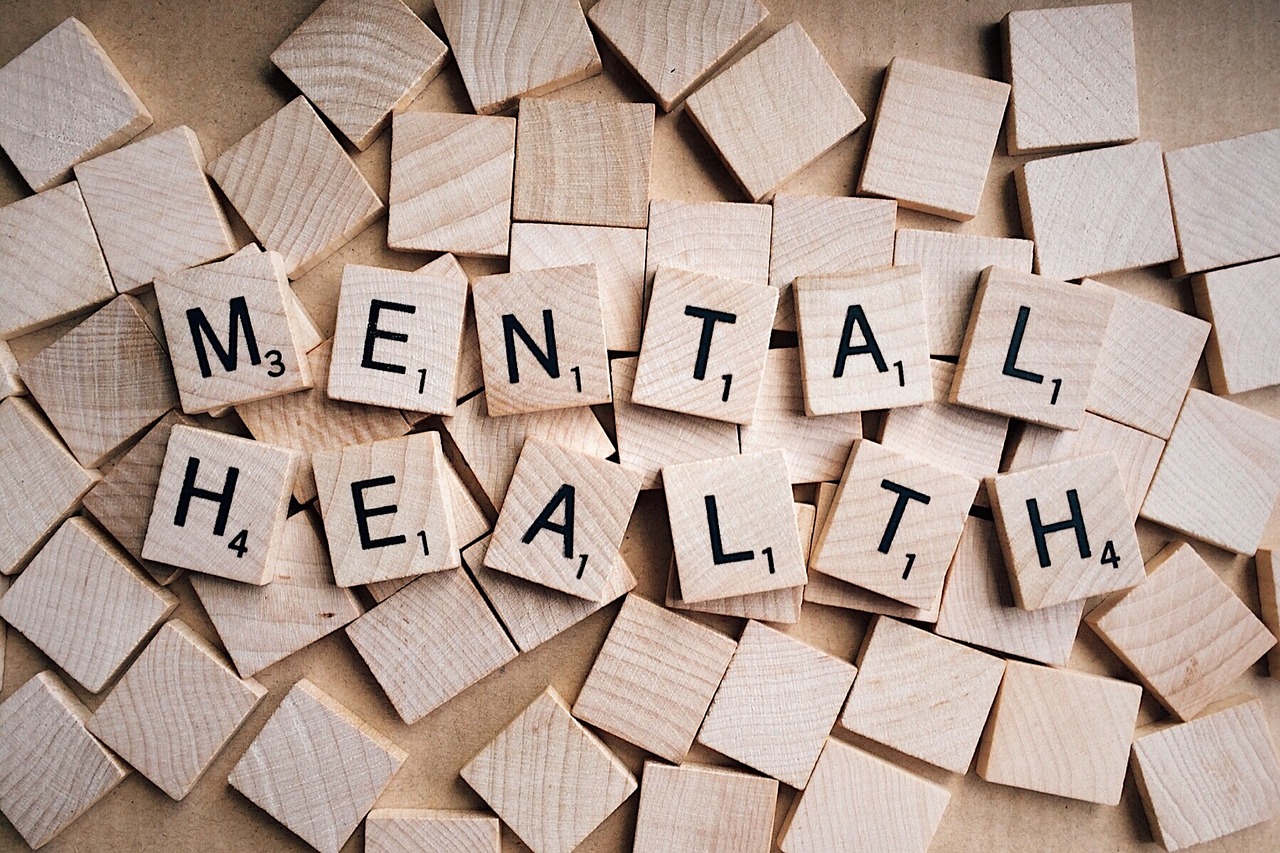The last seven months have been incredibly challenging, unusual and tragic. While adapting to the new lockdown restrictions, we have all been able to reflect and question the values that we dearly hold. As the lockdown gradually became a part of reality, an important spotlight was shone further on the issue of mental health as people were left to their own vices within a confined space, meaning time for more contemplation, during a time where the perception of how the world functioned was plunged into doubt. In August, there was a petition signed by 45,000 people which was handed to the Minister for Health demanding an improvement for mental health services around the country. The concern for mental health has become paramount for everyone, but particularly those living alone, those whose careers were put in a precarious position and young people who have had their social lives put on hold.
“According to The Union of Students of Ireland, 38% of students suffer from anxiety and 30% experience depression.”
As students prepare for a return to college, what the future holds for many is one of uncertainty. For students on the cusp of entering a world that holds no guarantees or promises, or for students that are yet to experience their first taste of college, the upcoming academic year will be a challenging one. The months of September and October often see large spikes in mental health referrals. Following a lockdown, there are doubts as to whether the country’s overstretched services will be able to handle this. According to The Union of Students in Ireland, who surveyed 374,000 students from around the country, 38% of students suffer from anxiety and 30% experience depression. The system for college counselling has been described as “under-resourced for what it does” according to the chair of the Psychological Counsellors in Higher Education Ireland.
Trinity News spoke to Patricia Murphy, head of the counselling service at the college. She says there has been a smooth transition to online and telephone counselling. Trish went on to say that said students have adjusted extremely quickly to the new form of counselling, saying there has been an understanding of the ongoing situation. She also said that the change for students has been helped by the introduction of online programmes which have been made available to any student no matter where they are in the world. The change up has also been helped by the availability of sports centres, halls of residences and health centres, which are now being used for counselling in an attempt to cope with the expected increase of referrals. There will be a continuing review of the situation as it progresses into the academic year. As an overall experience for the counsellors it has not been an easy adjustment, however there seems to have been a warm reaction to the change, with both students and counselors so far adjusting to the change smoothly, the aim for them to create an experience that doesn’t feel alien to the student. Virtual counseling has been a success so far and the hope is that this can continue successfully into the academic year.
“€214,000 will be given to Trinity in an attempt to fund additional counsellors and additional counselling services for what is expected to be a spike in cases.”
The government has granted a €5 million mental health services package towards higher education institutions in what can be seen as a needed revamp of mental health services in Colleges around the country. €214,000 will be given to Trinity in an attempt to fund additional counsellors and additional counselling services for what is expected to be a spike in cases. Since 1993, counselling services in Trinity have been available to struggling students, but with social distancing now the new norm, counselling over the phone will become a more common form of assistance. This addition may be helpful to students who suffer from social anxiety. Video calls will also be an option to students meaning there are a variety of options for those who wish to talk to someone but do not feel confident when addressing a problem in a physical face to face meeting. The tele and video form of counselling has been the norm since March of this year.
Social media became a vital part of life for many during the lockdown, and whilst remaining a polarising aspect of modern-day life, the positive aspects of these platforms were showcased. Apps such as Zoom and Houseparty spiked in popularity, creating a virtual party scene for young people. Without the likes of these apps that offered facetime services, many would have struggled to fill the vacant social aspects of their lives. Going forward, time will tell if the use of virtual face to face conversations prove effective when it comes to online counselling, however, it should not prove to be a massive adjustment for young people.
With the new academic year on the horizon, the college faces a huge challenge in terms of coping with and helping struggling students. The student counselling services look set to be tested to their limit, however, with additional funding becoming available and growing awareness about the issue around the country, there is hope that for every student who is struggling, their voice will be heard.






